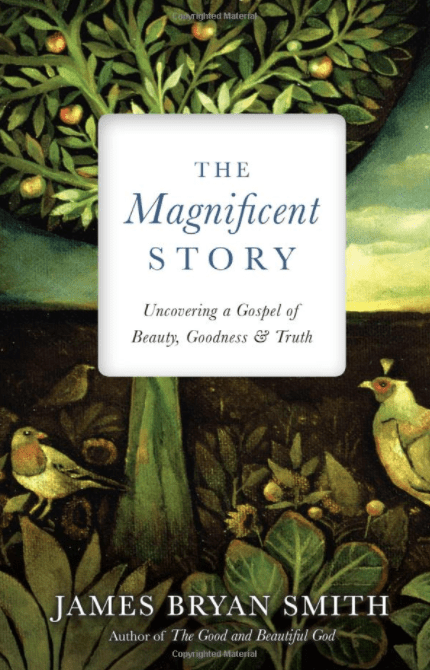 The finest prayers of the church can be found in the church’s “collects.” A collect is a scripted prayer, used in public (or private) worship, written for a specific week in the church calendar, and which “collects” together the church’s petitions. What is not known is that the time-worn collects of the church have a long, long history.
The finest prayers of the church can be found in the church’s “collects.” A collect is a scripted prayer, used in public (or private) worship, written for a specific week in the church calendar, and which “collects” together the church’s petitions. What is not known is that the time-worn collects of the church have a long, long history.
If you’d like to see the Anglican collects from The Book of Common Prayer, go to Lectionary. Each Sunday you can find that day’s collect. A wonderful study of the collects themselves, with a daily meditation, can be found in C. Frederick Barbee and Paul F.M. Zahl, The Collects of Thomas Cranmer.
Apart from the Book of Psalms, the collects of the church (and I use them in BCP) are the church’s best guide for teaching us how to pray. It is a pity that too many evangelicals have ignored the prayers books, which is why some years back I wrote Praying with the Church. Our public prayers are often flabby and wandering and monotonous because of a lack of a theology of prayer and its praxis.
Here is an example for next Sunday (July 13) and then a few more thoughts:
Lord, mercifully receive the prayers of your people who call upon you, and grant that they may know and understand what things they ought to do, and also may have grace and power faithfully to accomplish them; through Jesus Christ our Lord, who lives and reigns with you and the Holy Spirit, one God, now and for ever. Amen.
Here is a great prayer for Bible study, used now for the Sunday closest to November 16:
Blessed Lord, who hast caused all holy Scriptures to be written for our learning: Grant that we may in such wise hear them, read, mark, learn, and inwardly digest them; that, by patience and comfort of thy holy Word, we may embrace and ever hold fast the blessed hope of everlasting life, which thou hast given us in our Savior Jesus Christ; who liveth and reigneth with thee and the Holy Spirit, one God, for ever and ever. Amen.
This prayer of confession is unsurpassable:
Almighty and most merciful Father, we have erred and strayed from Your ways like lost sheep. We have followed too much the devices and desires of our own hearts. We have offended against Your holy laws. We have left undone those things which we ought to have done; and we have done those things which we ought not to have done; and there is nothing good in us. O Lord, have mercy upon us, miserable offenders. Spare those, O God, who confess their faults. Restore those who are penitent; according to Your promises declared unto men in Christ Jesus our Lord. Grant that we may hereafter live a godly, righteous, and sober life; to the glory of His name. Amen.
Or this:
Most merciful God, we confess that we have sinned against you in thought, word, and deed, by what we have done, and by what we have left undone. We have not loved you with our whole heart; we have not loved our neighbors as ourselves. We are truly sorry and we humbly repent, for the sake of your Son Jesus Christ, have mercy on us and forgive us; that we may delight in your will, and walk in your ways, to the glory of your Name. Amen.
First, the collects are a long tradition of prayers edited and recited and edited from three major sources: Leo I (440-461), Gelasius (492-496), and Gregory the Great (590-604), all popes, the last being an exemplary pastor (and author ofThe Book of Pastoral Rule).
Second, a collect is a short prayer on a specific theme with (often) five parts:
1. Address: Father.
2. Acknowledgement: the theology on which the prayer will be based.
3. Petition: cleansing, forgiving, protecting, empowering, etc.
4. Aspiration: introduced by “that”
5. Pleading: “through Christ our Lord.” This is the basis upon which one enters into the presence of God and through whom said petition can be heard.
I wish we all could benefit from the theological form at work in these prayers:
We address God as our Father, we ponder theologically on what basis God can be petitioned, we have the confidence to ask, and we know that we are in God’s presence solely on the basis of what Christ — our Mediator — has done for us.
Instead, we tend to barge in on God; we tend not to think theologically; we tend to be at best indirect in our petitions, and we tend to be arrogant in thinking that we ought to be in God’s presence.










